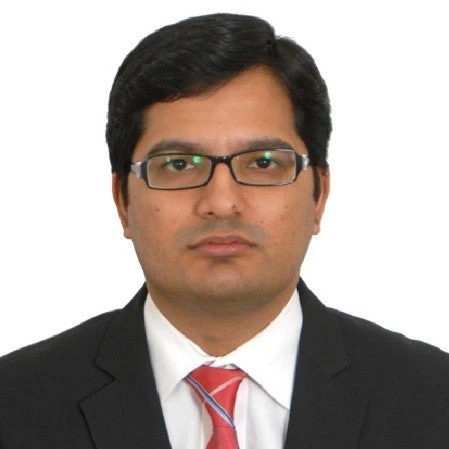
Before the conflict began in Yemen in 2015, 10-year-old Raheeb Al Kamali used to play football in a playground with his friends every afternoon in the AlTawahi District of Aden. Cristiano Ronaldo and Lionel Messi were his sporting heroes. He would run across the playground kicking the ball, imitating his heroes. Undoubtedly, it used to be the best part of his day. To play for Yemen’s national football team one day was his dream.
But everything changed quickly due to the conflict.
Municipal services deteriorated in AlTawahi District. Waste collection and disposal collapsed, and garbage started piling up. Within months, the playground, which was once a place of joy for kids, turned into a huge dump site. Raheeb was heartbroken at the fate of his playground. With no other playground nearby, the community couldn’t do much for children, and the conflict didn’t seem like it would end soon. The situation was no different from other cities and neighborhoods across Yemen. Playgrounds, parks, and open spaces in other cities became inundated with trash and debris.
This not only deprived the citizens of public spaces but also resulted in a grave public health emergency. In April 2017, cholera broke out in Yemen and affected 22 out of 23 governorates and 306 out of 333 districts. According to the World Health Organization, the number of suspected cholera cases and associated deaths were 1.2 million and 2,510 respectively by the end of September 2018. One third of the suspected cases were children under 5 years of age.
Realizing the gravity of the situation, solid waste management became a sub-component included within the World Bank’s Yemen Integrated Urban Services Emergency Project (YIUSEP). As part of this sub-component, assessments were made and solid waste cleaning campaigns were planned in various cities in Yemen to manage all the accumulated waste and debris in the streets and neighborhoods. Aden and Sana’s are the first two cities to benefit from the cleaning campaigns. As shown in the photo below, many neighborhoods are gradually improving, giving some sense of normalcy.
Playground in AlTawahi District


Before After
The AlTawahi District was one of the first neighborhoods in Aden to benefit from the clean-up following feedback surveyed from its’ engaged community. Raheeb’s playground has now been cleaned, and he has returned to the field with his playmates to play happily again.


“We are thankful to the organization which did this great job of cleaning our playground and surrounding roads” said Raheeb, with a big smile on his face. He, like many kids, may not know of the World Bank and UNOPS teams working behind the scenes, but appreciates the many results and improvements accomplished around his neighborhood.
To continue to make sustainable, positive changes, the YIUSEP team is also focusing on managing other elements of the solid-waste value chain. For example, cleaning up Sana’a City’s Transfer Station has huge health and environmental benefits for surrounding communities. The transformational impact of cleaning up the site can be seen in the picture below. The team is also partnering with the Cleaning Fund — a local agency responsible for solid waste management — to prevent the reversal of this progress. To that end, the project has also undertaken rapid landfill assessments in Sana’a and Aden to identify the necessary improvements in landfills and transfer stations.
Transfer Station of Sana’a City

Before After
These small investments in managing accumulated waste and debris are making a big difference in the lives of Yemeni citizens by restoring a sense of normalcy, improving living conditions in neighborhoods, and providing better access to open spaces.



Join the Conversation